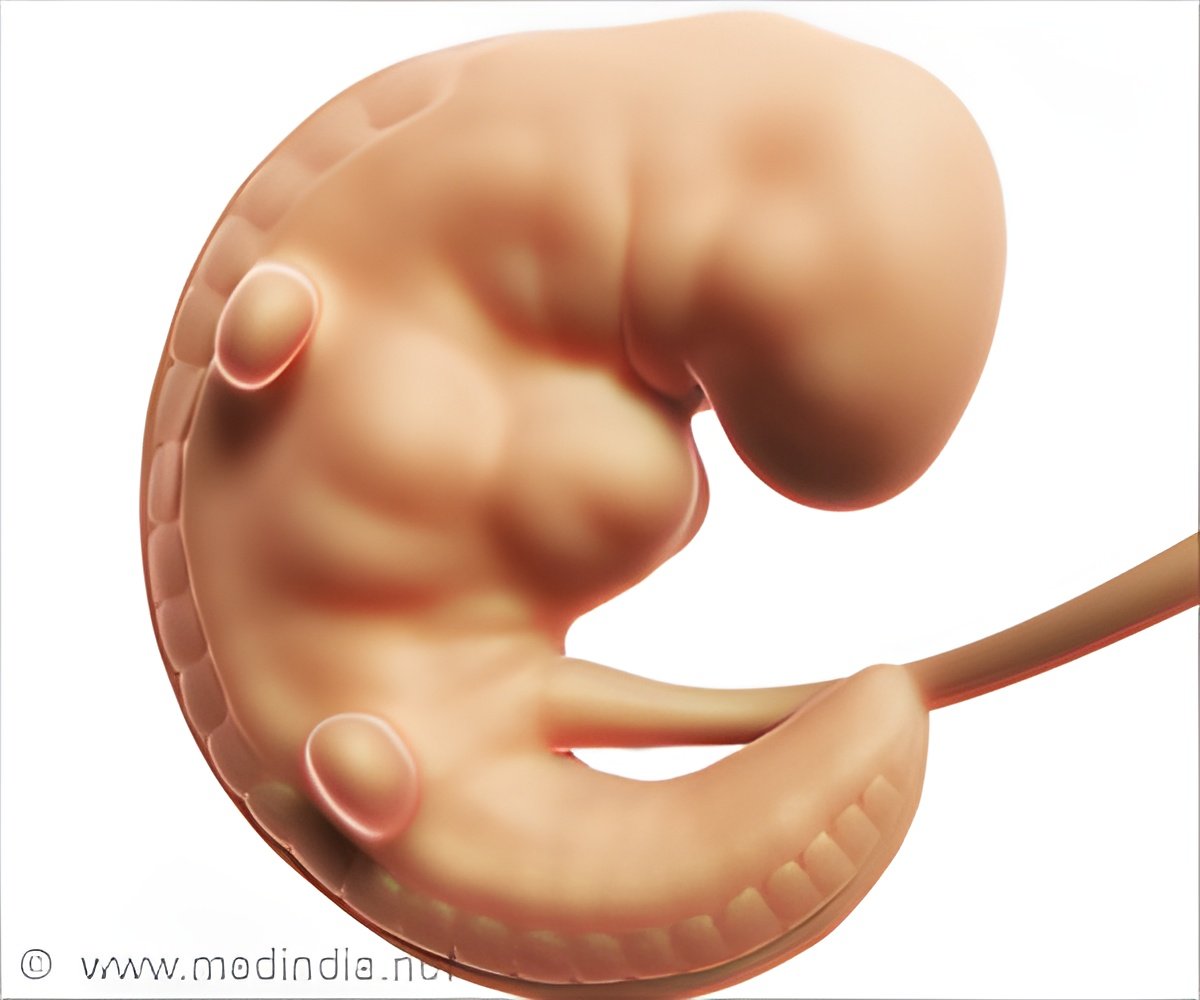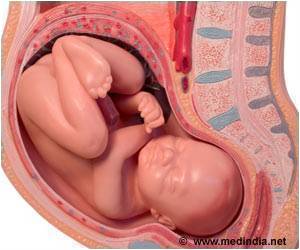Scientists from Ohio State University hope that the five weeks old fetus in the size of a pencil eraser could transform our understanding of neurological disease.

The brain of an approximately five weeks old fetus could potentially be useful for scientists who want to study the progression of developmental diseases.
The brain, which is about the size of a pencil eraser, could also be used to test drugs for conditions such as Alzheimer's and Parkinson's.
Rene Anand of the University, Columbus, who presented the research at the Military Health System Research Symposium in Fort Lauderdale, Florida, said that the brain is engineered from adult human skin cells and is the most complete human brain model yet developed.
Earlier efforts at developing whole brains could only achieve mini-organs that resemble those of nine-week-old foetuses and these ‘cerebral organoids' were not complete in various brain aspects. Anand and his research team say that they have reproduced 99% of the brain's diverse cell types and genes.
"The brain also contains a spinal cord, signalling circuitry and even a retina," Anand said Anand also said that the brain was created the brain by converting adult skin cells into pluripotent cells.
Advertisement
According to the research team, it takes about 12 weeks to develop a brain that resembles the maturity of a five-week-old foetus. To go further would require a network of blood vessels and an artificial heart to help the brain grow.
Advertisement
Source-Medindia













